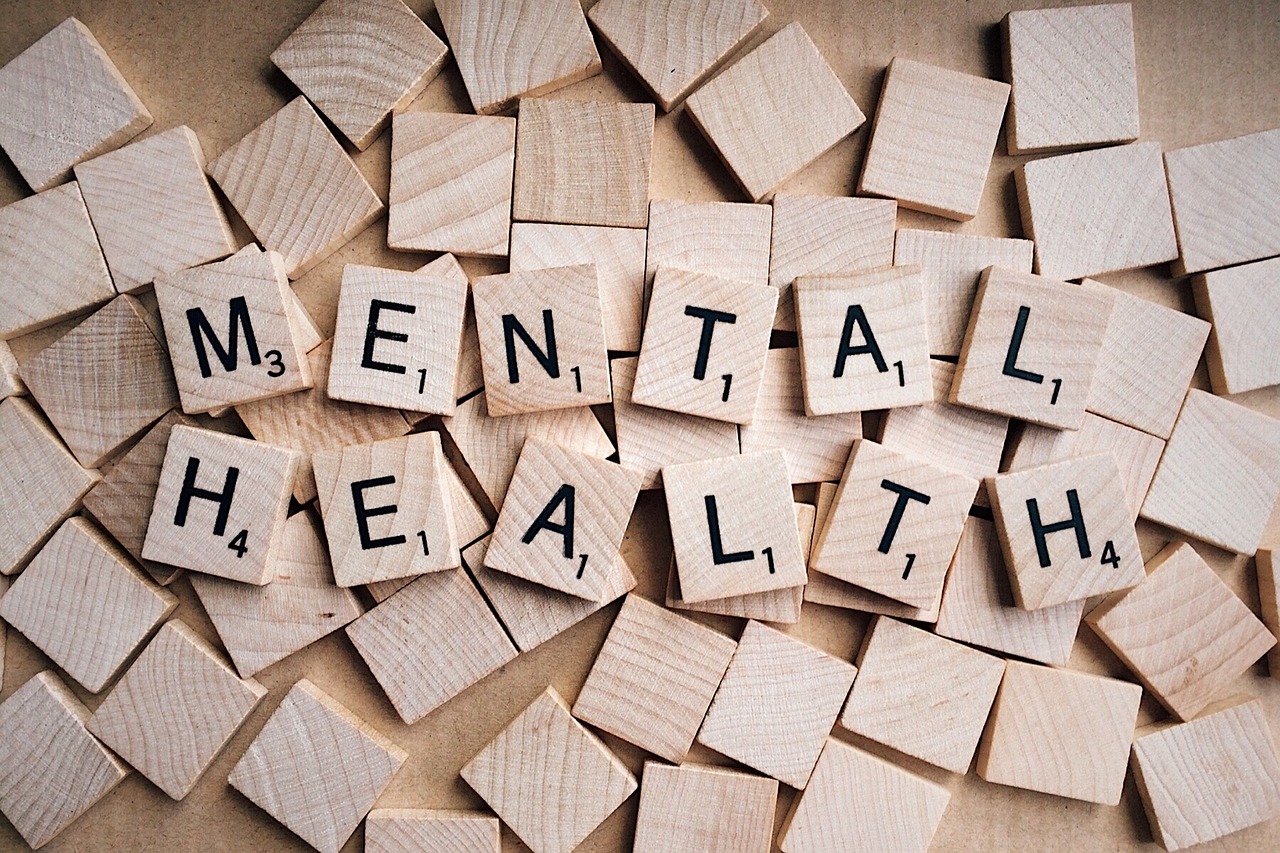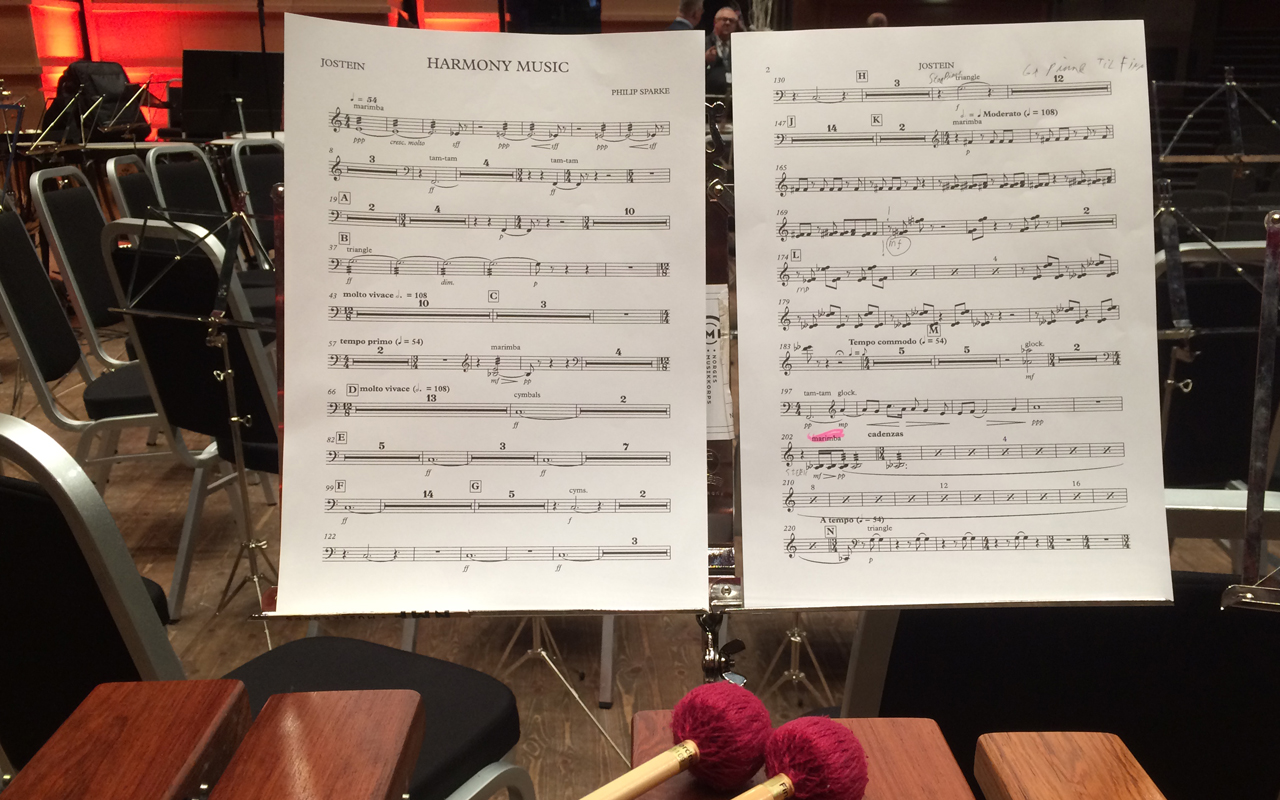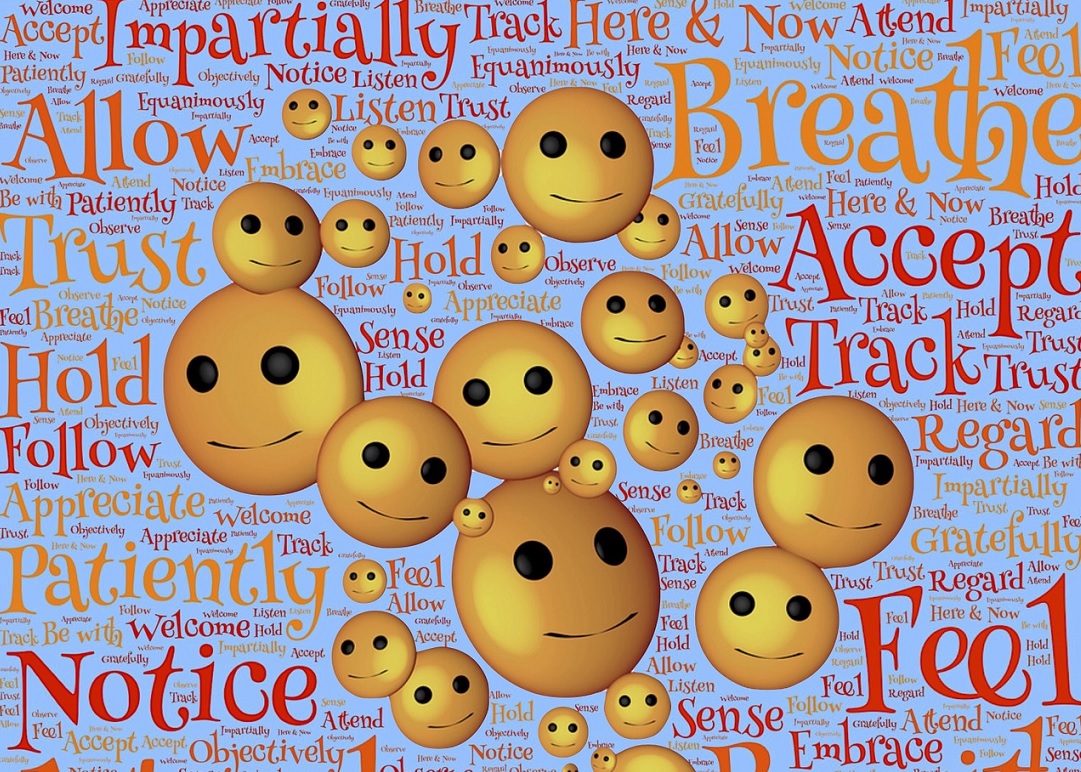
In a series of articles written for 4BR following her presentation to the Association of Brass Band Adjudicators, Director of Mode for… writer, musician, mental health first aid instructor and advocate Tabby Kerwin looks at the importance of gaining awareness and education about mental health within the brass band movement.
In the series Tabby will focuses on how band members, conductors and adjudicators can all help to break the stigma and create stronger supports and more resilience for better mental health for all.
Part 1. Mental Health in Brass Bands… in the Bandroom
Whilst mental health has come to the forefront of our attention over the past couple of years, why is it that it’s still such a taboo subject, noticeably in the brass band movement?
The statistics tell us that approximately 1 in 4 people in the UK will experience a mental health problem each year and in England. 1 in 6 people report experiencing a common mental health problem (such as anxiety and depression) in any given week (http://www.mind.org.uk).
So, what does that mean for the musicians in our brass bands?
Every band
Essentially, it is that around 4 to 7 people in every band could be experiencing mental ill health issues, and if we factor in the statistic that musicians are three times more likely to experience mental ill health issues than the general public (University of Westminster / MusicTank 2016 survey), we could be looking at a much higher number.
Essentially, it is that around 4 to 7 people in every band could be experiencing mental ill health issues, and if we factor in the statistic that musicians are three times more likely to experience mental ill health issues than the general public, we could be looking at a much higher number.
Obviously, the numbers are not going to be the same in every bandroom; there are many considerations that play a part in a person’s mental health - from personal and professional situations to socio-economic factors.
But it does mean that the state of the mental health of ourselves and our fellow musicians should be something we should be aware of and educated about, and at the very least, talk about in order to help erase the stigma?

Effective diagnosis can remove the stigma surrounding mental health
Whether it’s self-stigma or social stigma surrounding mental health, this remains a major obstacle to the effective diagnosis and treatment of mental health conditions.
Making a difference
However, by addressing the subject openly, honestly and non-judgementally we can start to make a difference; and for our brass band movement, that starts with our musicians and supporters in the bandroom.
We can spend a great amount of time with our ‘banding family’ especially when we approach contests and major events. And whilst we often feel very close to our banding friends, we don’t always know where they’re at in their own heads. I mean, sometimes it’s hard to know where you are in your own head, let alone someone else’s.
First things first
First things first.
We all have mental health; but mental health works on a continuum or spectrum.
What does this mean? Simply put - whilst the extremes of the continuum are quite distinct, ranging from mental ‘good’ health to mental ‘ill’ health, our placement on the continuum is completely changeable. At any point of any day we can be at moveable points on this spectrum.
Trigger
Any one of us could come face to face with a trigger which can move us between mental ‘good’ health to mental ‘ill’ health at any moment in our life.
That knowledge alone should be enough for us to be a little more open about the topic of mental health. It is one of the few things in life we all actually have in common, so why not be a little more honest about it?
Any one of us could come face to face with a trigger which can move us between mental ‘good’ health to mental ‘ill’ health at any moment in our life.
You might be thinking, “I always ask my friends how they are and check on them,” and I’m sure you do, but let’s think about that question for a second.
What’s the most likely default answer when someone asks you the question, “how are you?”

In harmony: Mental health issues can be triggered on stage or in the rehearsal room...
Whether it’s a stranger or a close friend or family member asking, your likely answer is “OK, thanks.” Short, sweet and an answer people take at face value.
The person asking feels they’ve taken an interest and looked out for you by posing the question and you’ve responded with an answer that doesn’t lead to any further involved and awkward conversations. Win-win eh?
Not entirely win-win
Well… actually, no it’s not entirely a win-win because there is still a chance that someone who was asked that question is dealing with some issues that a simple conversation could really have helped with. Likewise the person asking could have posed the question in a bid to reach out for support.
If you have a genuine concern or care for a person in your band, a simple re-word and tweak of your language to “how are you doing/feeling?” as opposed to just “how are you?” could be one option which is a more inviting opportunity for someone to actually say how they feel right now.
If you have a genuine concern or care for a person in your band, a simple re-word and tweak of your language to “how are you doing/feeling?” as opposed to just “how are you?” could be one option which is a more inviting opportunity for someone to actually say how they feel right now.
How are you doing?
For instance, taking my personal situation as an example following the death of my husband.
If someone asks me “how are you?”, I will instinctively answer “OK, thanks” whilst actually screaming silently in my head, “Of course I’m not OK. My husband has died and nothing will ever be the same again."
The easy option for all of us is to just say OK.
However, if someone asks me “How are you doing?” I’m more likely to respond with “It’s tough but I’m doing OK, thanks.”
That’s allowed me to be slightly more honest, without it being daunting to the questioner and allows scope for a genuine conversation that might just give me a boost to find the next few hours a little easier.
Open and honest
Open and honest conversations start to erase the stigma and they can also be a great help to someone experiencing mental ill health in talking about their situation openly.
But how else can we create better supports and resilience in the bandroom?
The first important thing is awareness.
Be aware of your fellow musicians; take notice of any changes such as arriving much earlier or later to rehearsals on a regular basis or even not turning up at all. Don’t jump to the banding default opinion of they’re letting the band down. Maybe they’re not playing to their full potential and concentration is an issue.
Be aware of your fellow musicians; take notice of any changes such as arriving much earlier or later to rehearsals on a regular basis or even not turning up at all. Don’t jump to the banding default opinion of they’re letting the band down. Maybe they’re not playing to their full potential and concentration is an issue.
Consider the scenario that there might be something going on that they are trying to deal with the best way they can whilst not burdening anyone.

Understanding is the key...
If someone starts to look a little unwell, unkempt or has a change in eating or drinking behaviours, these could all be a sign of mental ill health, so take the signs as seriously as you would if someone was experiencing physical ill health.
Share concerns
Start a conversation; share your concerns with them. Try not to be afraid of talking openly, honestly and judgementally with someone in your band when you have concerns about their health.
It’s far better to share genuine concern and start a conversation with them than to not start it and regret it later and if you feel out of your depth or unsure what to do, confide in someone or seek professional help.
Non judgemental
It’s important for us all to develop an open, honest and non-judgemental culture in our bandrooms whereby every member feels safe and supported enough to open up about their own mental health issues to the degree they feel comfortable.
It is not for us to become medical experts and diagnose and advise people we think may be experiencing mental ill health, but we can be kind, non-judgemental listeners and help signpost them towards the help, peer and professional support they may need.
For some, a mild anxiety and depression can be boundlessly improved through a safe environment, chat, laughter and music. It can also be just the tonic for those experiencing a whole array of mental health issues from anxiety to eating disorders, depression to personality disorders and as members of the brass band movement it is our responsibility to create a safe and supportive environment where members can build resilience and strength in each of our organisations.
It is not for us to become medical experts and diagnose and advise people we think may be experiencing mental ill health, but we can be kind, non-judgemental listeners and help signpost them towards the help, peer and professional support they may need.

The Association of Brass Band Adjudicators were the latest organisation to benefit from Tabby's advocacy
How do we do that?
By educating ourselves further and working together.
More awareness
More awareness for all band personnel and supporters and training in mental health co-ordinated by a band’s own Mental Health Lead would be a huge and powerful step in creating better support and resilience in the bandroom.
Having a trained Mental Health First Aider could help us see an upturn in the amount of players in our bands who could feel supported enough to not have to give up their musical passion and hobby.
Surely that is an investment worth making if it means better mental health support in our bands and consequently more players able to keep playing which could help fill our bandrooms and start to strengthen our movement as a whole, or at the least, help us not to lose more players due to mental ill health?
Mental Health First Aid England has a mission for 1 in 10 people to be trained as Mental Health First Aiders. This means we should be aiming for around 2 to 3 people per brass band being trained as a Mental Health First Aider.
Surely that is an investment worth making if it means better mental health support in our bands and consequently more players able to keep playing which could help fill our bandrooms and start to strengthen our movement as a whole, or at the least, help us not to lose more players due to mental ill health?
Together, by bringing open and non-judgemental conversation, awareness and education to our bandrooms, we can make a huge difference to the movement we all love.
Tabby Kerwin

Tabby Kerwin (above) is a trained Mental Health First Aid (MHFA) instructor and also runs a series of mental health awareness workshops for bands, conductors and adjudicators.
Tabby’s book ‘The Three Ps: Possibility, Productivity & Performance’ is available from the Mode for… website or on Amazon.
Her new book ‘The Three Taboos: Cancer, Grief & Mental Health’ will be published in 2020.
Brass on The Mind Facebook Group at http://www.facebook.com/groups/brassonthemind
Mode for… http://www.modefor.co.uk













